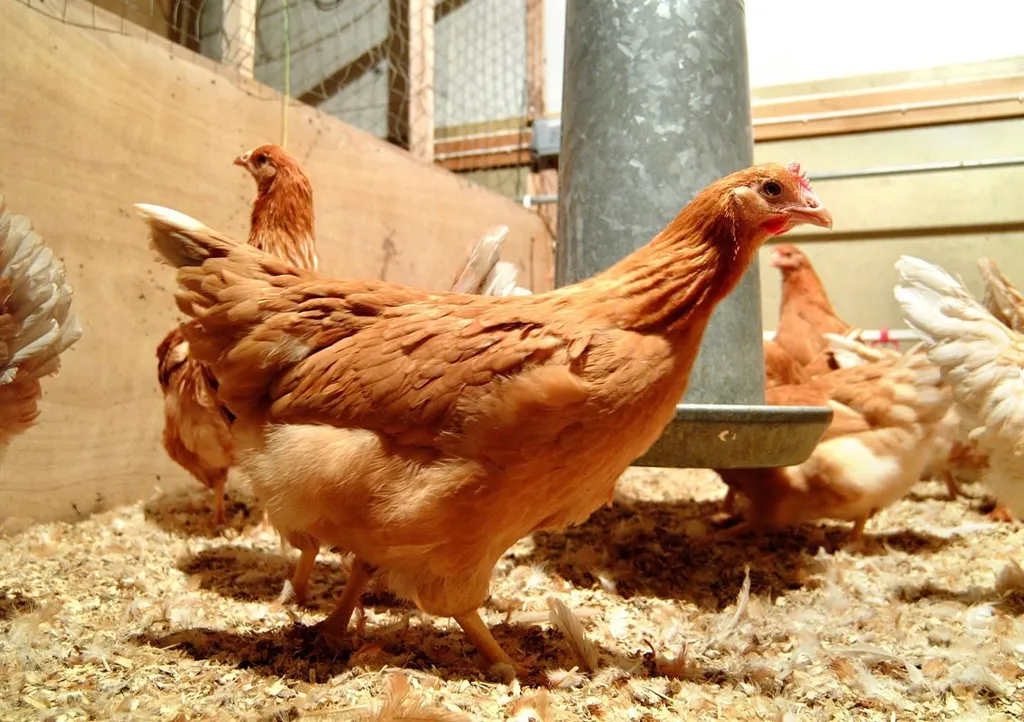In a significant stride toward understanding the implications of genetic modification in livestock, a recent study published in *Animal Bioscience* has shed light on the physiological impacts of transgene expression in chickens. Led by Hyeon Yang of the Animal Biotechnology Division at the National Institute of Animal Science in Korea, the research focused on male chickens expressing the 3D8 single-chain variable fragment (scFv) gene, a critical step in assessing the safety and viability of transgenic animals for agricultural applications.
The study aimed to evaluate how the expression of the 3D8 scFv gene affects key biological markers, mortality rates, and growth characteristics in male transgenic (TG) chickens. Serum samples were collected from both TG and non-TG chickens at 14 weeks of age, and a comprehensive analysis was conducted on serum biochemistry, sex hormones, and cytokine profiles. Additionally, mortality and growth were monitored over a 34-week period to assess long-term effects.
The results revealed that male TG chickens had significantly lower levels of several key serum parameters, including alanine aminotransferase, insulin-like growth factor-1, interferon-gamma, interleukin-4, and tumor necrosis factor-1 alpha, compared to their non-TG counterparts. Despite these differences, the study found no significant disparities in mortality rates or final body weight between the two groups. “These findings are consistent with previous results in female TG chickens, indicating that 3D8 gene expression does not adversely affect health or growth performance,” Yang noted.
The implications of this research are profound for the agriculture sector. As the demand for sustainable and efficient food production continues to grow, the development of transgenic animals with enhanced traits offers a promising avenue for meeting these challenges. The study’s findings suggest that the expression of the 3D8 scFv gene does not have detrimental effects on critical health metrics in male chickens, paving the way for further exploration of transgenic technologies in poultry and other livestock.
“This research provides a solid foundation for the safe and effective use of transgenic animals in agriculture,” said Yang. “By understanding the physiological impacts of transgene expression, we can better harness the potential of genetic modification to improve food security and sustainability.”
The study’s results not only support the safety of 3D8 gene expression in TG animals but also highlight the importance of thorough assessment in the development of transgenic livestock. As the field of agritech continues to evolve, such research is crucial in shaping the future of food production and ensuring the well-being of both animals and consumers.
With the growing interest in biotechnology and its applications in agriculture, this study offers valuable insights into the potential of transgenic animals to meet the demands of a rapidly changing world. As Yang and his team continue to explore the implications of their findings, the agricultural sector can look forward to new advancements that promise to revolutionize food production and sustainability.

